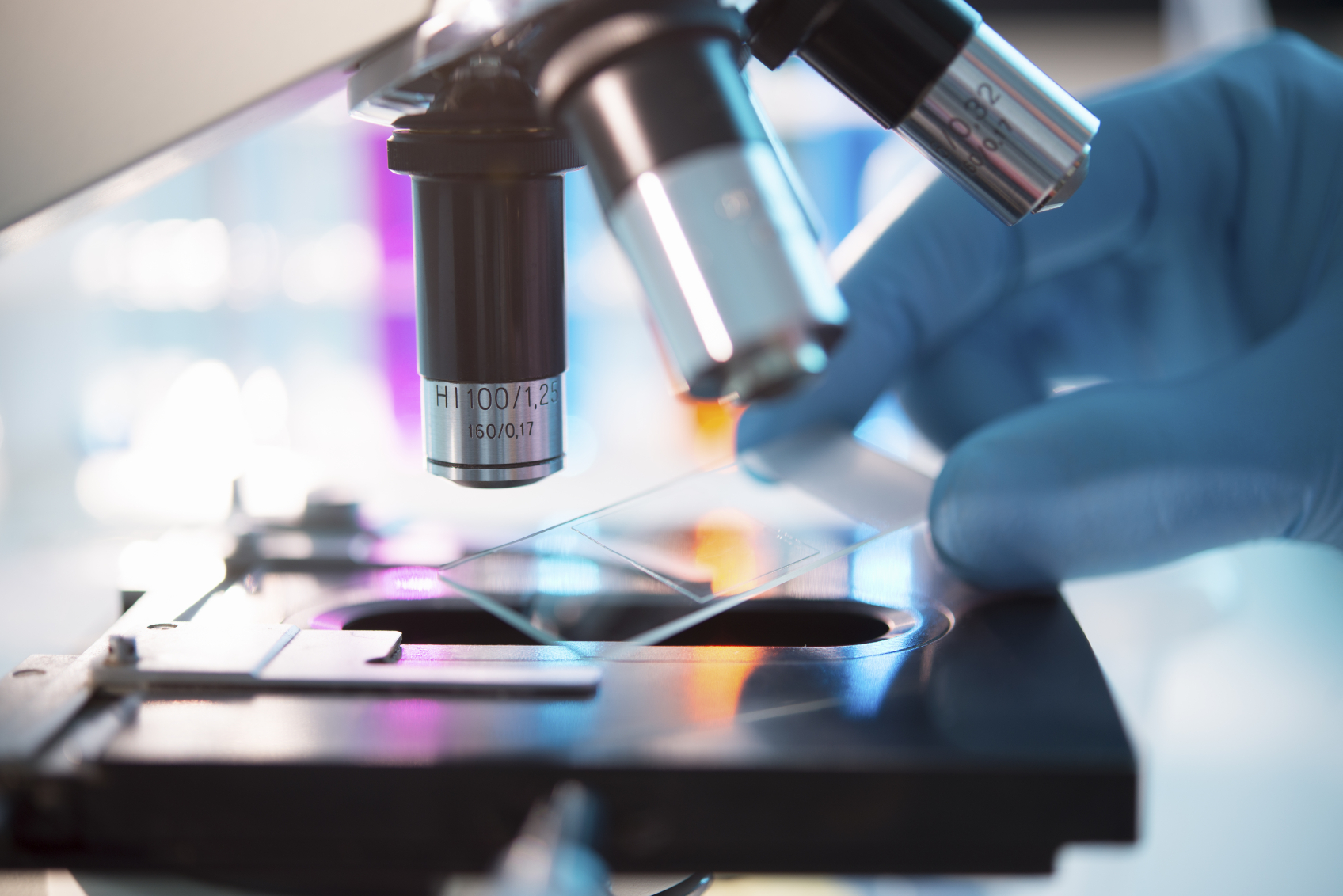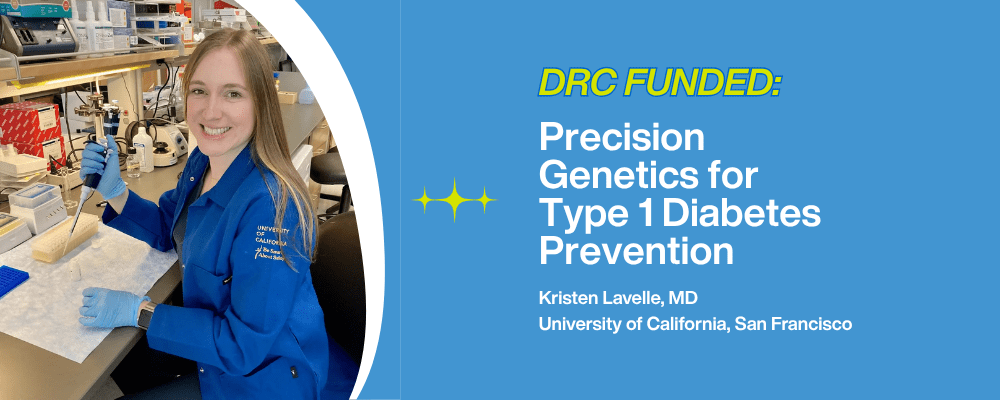On April 25, 2016, scientists from the University of Lincoln, led by Dr. Michael Christie, announced that they had identified a previously unknown molecule attacked by the immune system in those with type 1 diabetes.
This is incredibly important for prevention and treatment of the disease, as it could lead to better identification of those at risk of developing type 1 diabetes and guide the development of new therapies to prevent the disease from developing.
Type 1 diabetes is an autoimmune disorder that develops when a person’s immune system reacts to certain molecules in the pancreas that it would usually ignore. Previously, scientists had identified four of these molecules, but the fifth one remained unknown for 20 years. Now, these researchers have identified the fifth molecule as Tetraspanin-7. Those with type 1 diabetes have antigens in their blood that are specific to each of these five molecules.
Why Is This Diabetes Research Important?
Doctors use tests that look for antibodies specific to these molecules in order to assess the risk of developing type 1 diabetes; the more antibodies a test detects, the higher the person’s chances are of developing diabetes. Discovering this fifth molecule means that these tests can be even more accurate.
Ultimately, though, this discovery goes beyond detecting a risk for diabetes. Scientists are currently looking for ways stop an immune attack before diabetes develops, and they hope that eventually, by detecting these antibodies and assessing the risk of type 1 diabetes, they can prevent it from ever developing.
Support More Innovative Type 1 Diabetes Research From Early-Career Scientists
Our vision is to eliminate type 1 diabetes by supporting innovative scientific inquiry; it’s why we exist.
To show your support of research projects to help scientists better understand type 1 diabetes and to find a way to treat, cure and prevent the disease, join our list of donors. Whether you support a specific research project or donate to our General Fund, supporting operating costs and funding scientific research, we’re grateful to have you on our team.
Source: http://www.alphagalileo.org/ViewItem.aspx?ItemId=163437&CultureCode=en




